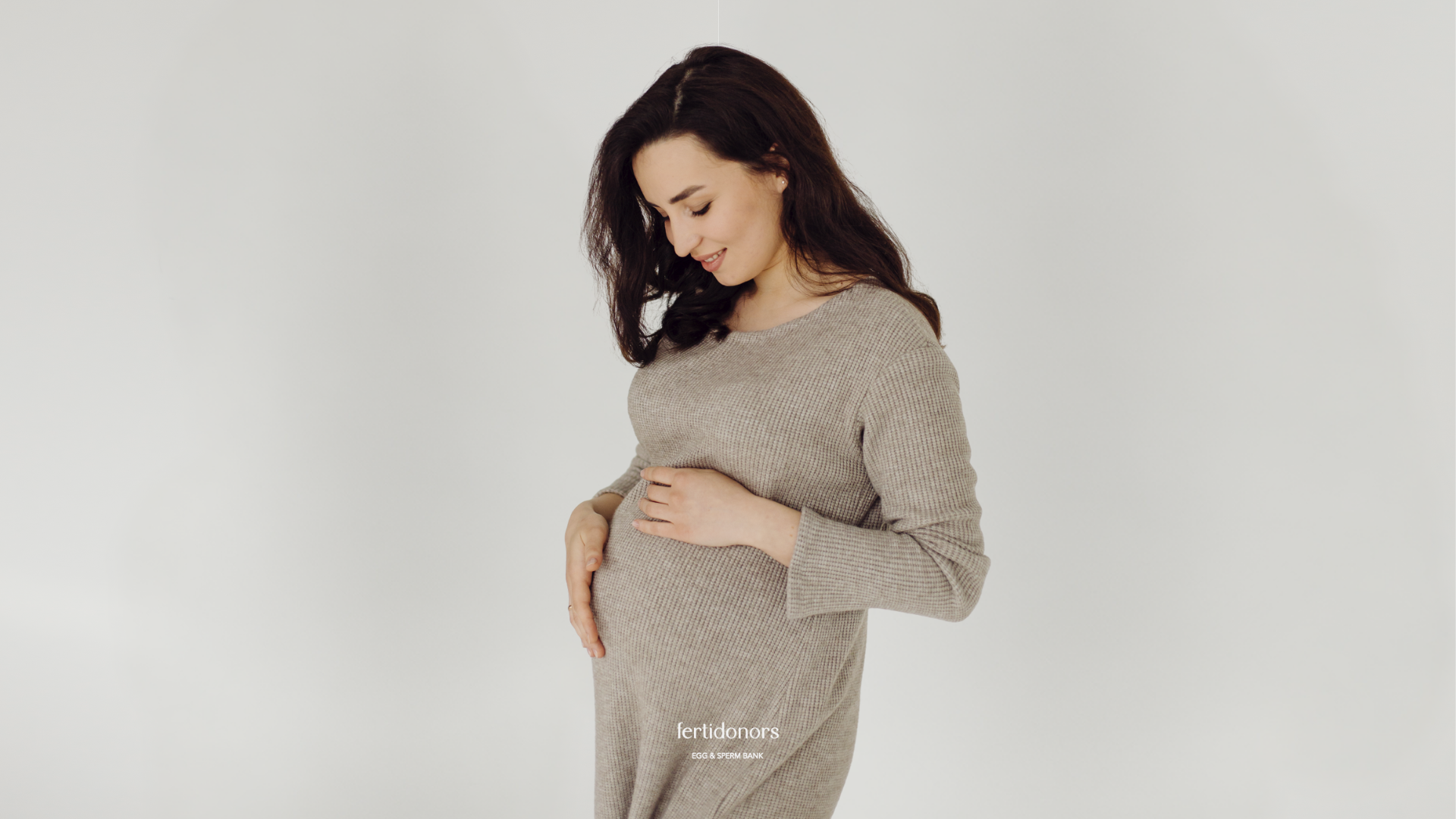Using donated gametes is a safe, ethical, and emotionally significant alternative for many individuals and couples who wish to start a family. In this blog, we explain what this treatment consists of, when it is recommended, and how a donor is chosen.
When is the use of donated gametes recommended?
It may be indicated in the following cases:
Premature ovarian failure or early menopause.
Low ovarian reserve or severely compromised sperm quality.
Presence of transmissible genetic diseases.
Absence of one’s own gametes due to surgeries, oncology treatments, etc.
Same-sex couples or single individuals who wish to start a family.
Types of Treatment Available
There are two main options when using donated gametes:
Artificial Insemination (IAD)
Ideal for young women without other infertility factors.
Outpatient and minimally invasive procedure.
Donor semen is introduced directly into the uterus.
Success rates per cycle: 15–20%.
In Vitro Fertilization (IVF)
Requires ovarian stimulation and retrieval (or the use of a donor egg).
Eggs are fertilized in a lab, and an embryo is transferred.
Indicated in cases of advanced age, low reserve, or for same-sex couples.
Higher success rates: 35–60% depending on age. The medical team will evaluate your case and guide you on the most appropriate treatment according to your needs.
How is the donor chosen?
At Fertidonors, we offer complete and confidential files that include:
Phenotypic traits (eye color, hair, height, blood type).
Childhood photographs.
Results of genetic and psychological studies.
Medical and family history.
Tastes, hobbies, and education.
The process respects the donor’s anonymity according to local laws and adapts to your physical or emotional preferences. The choice is not just genetic: it is symbolic, emotional, and profoundly human.



